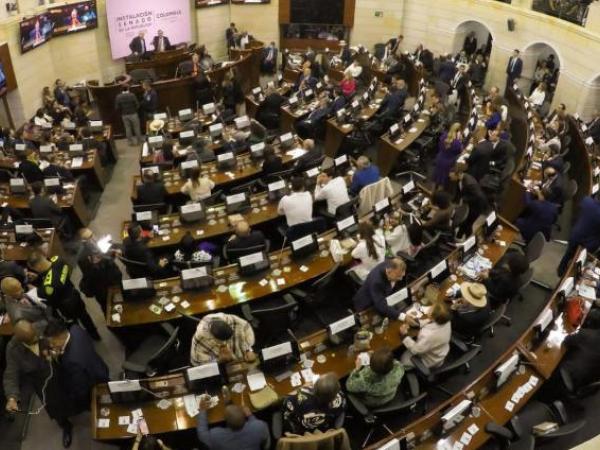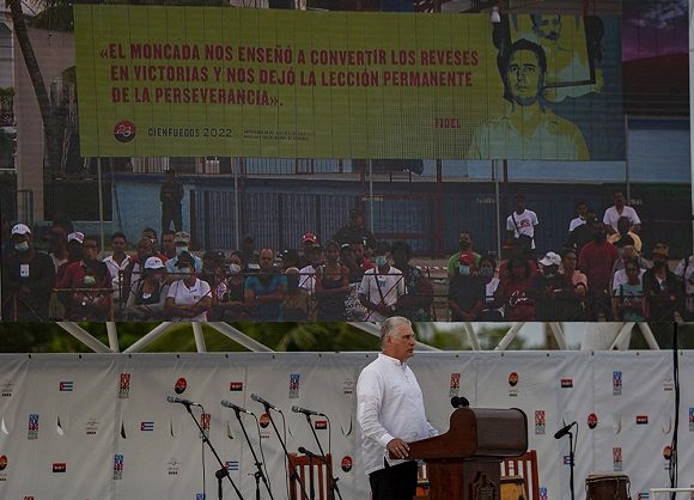The plenary session of the Colombian Senate ratified this Tuesday the Escazú Agreement, the first major environmental agreement in Latin America, which leaves it one step closer to being approved in the country, waiting for it to be voted on by the House of Representatives and signed by the president.
(The Union Council asks Congress not to ratify the Escazú Agreement).
Escazú has been the first debate of the new legislative period, which began on July 20, and has been ratified after its debate was postponed on several occasions in the previous legislature, despite the urgency that President Iván Duque gave it .
The ruling party, despite the public support that Duque gave to the agreement,e showed opposition to ratifying the mechanism, reaching the end of his term without achieving it despite the insistence of civil society and environmental organizations.
Senator Iván Cepeda, who was the speaker, confirmed the news on his social networks, celebrating the “first victory” of this new legislature.
“The ratification of the Escazú Agreement has been approved in the second debate in the Senate by 73 favorable votes against 23 negative. Progress in the protection of the environment and water in Colombia”, Cepeda indicated.
(Effects of the Escazú Agreement on licenses complicate its ratification).
Ratifying this agreement means “ratify the country’s communities of a new and important mechanism that strengthens the struggle and defense of nature and the environment,” the senator specified.
For its part, the Democratic Center bloc, now in opposition, continued to oppose its approval since “Colombia’s sovereignty is at risk with Escazú because, when it merges human rights with environmental rights, it activates international jurisdiction,” considered Senator María Fernanda Cabal.
“Escazú is a great deception, which does not make up for the tragedy of the coca crops that do cause death,” Cabal detailed.
The next step in Colombia for the Escazu Agreement it will go through a committee of the House of Representatives, which will also have to debate it and vote on it in its plenary session.
If approved, it will pass to the presidential sanction of the new president, Gustavo Petro, who will take office on August 7 and who has already shown himself in favor of the regional mechanism.
Although it was originally signed by 24 countries, only 12 have ratified the pact, which, in addition to protecting environmentalists, seeks to guarantee the best application of ecological policies, guarantee environmental rights and safeguard biodiversity in times of climate emergency.
The Escazú Agreement has been ratified Antigua and Barbuda, Argentina, Bolivia, Ecuador, Guyana, Mexico, Nicaragua, Panama, Saint Vincent and the Grenadines, Saint Kitts and Nevis, Saint Lucia and Uruguay.
EFE















